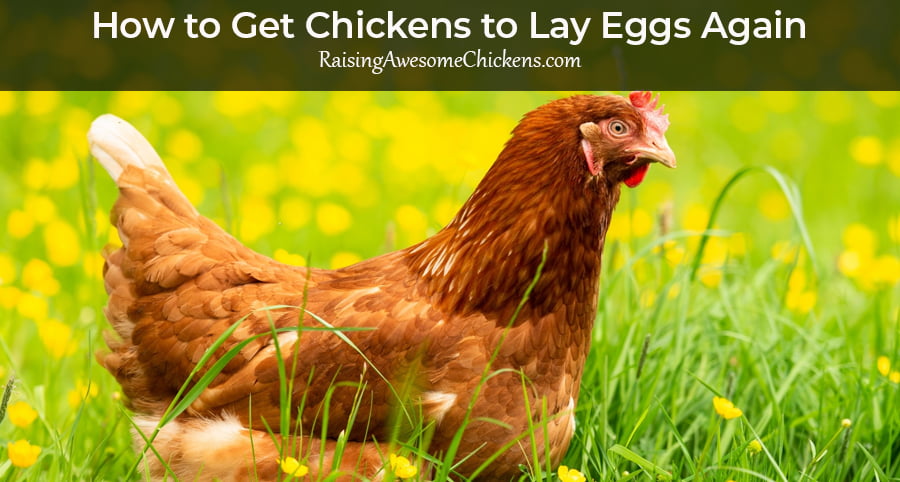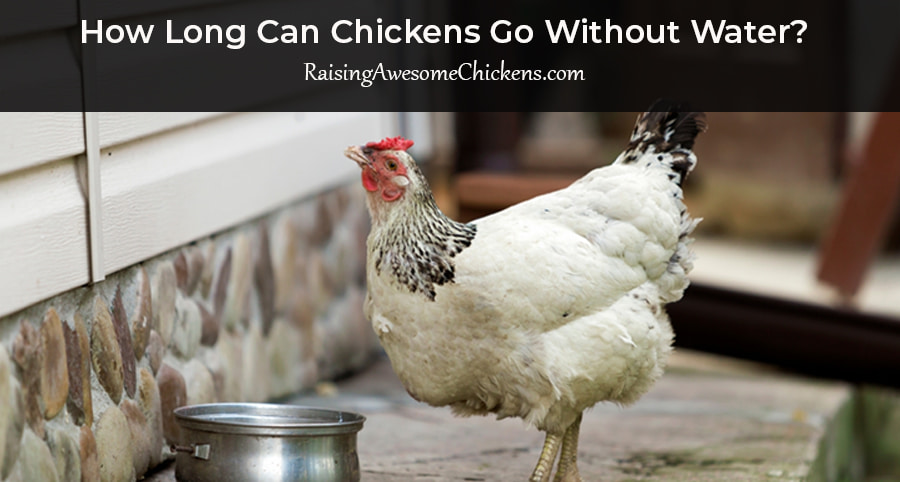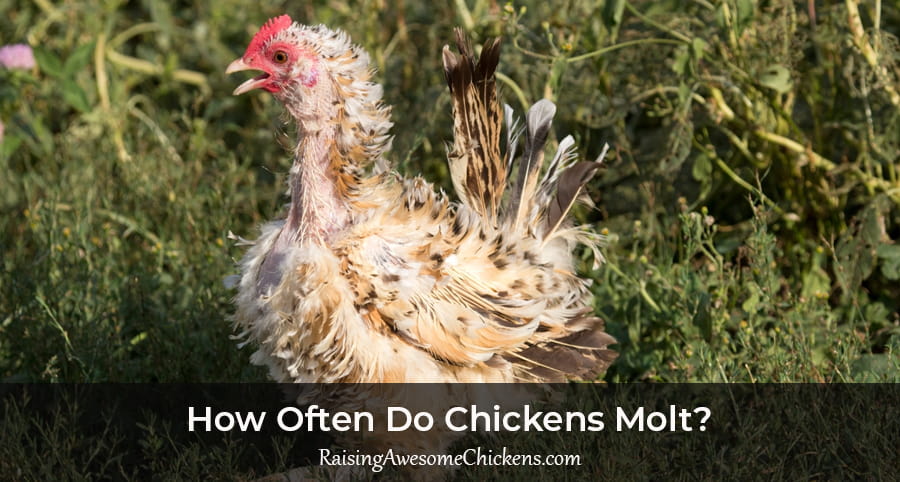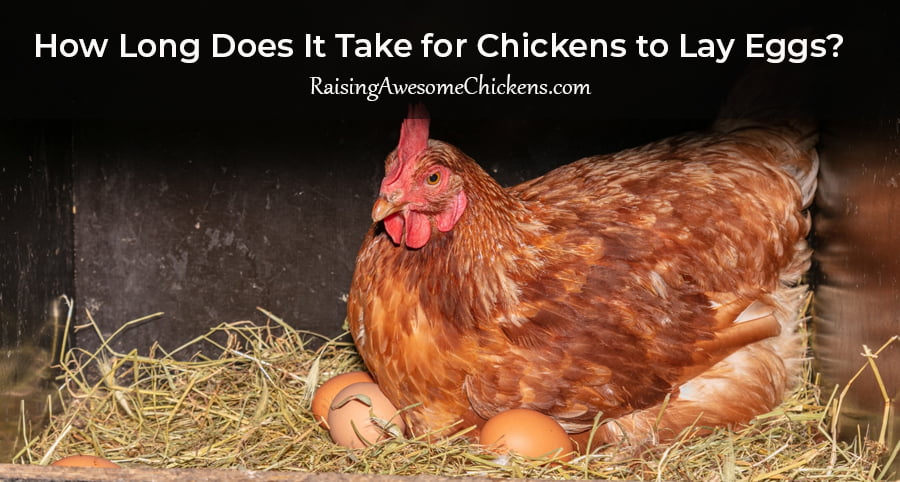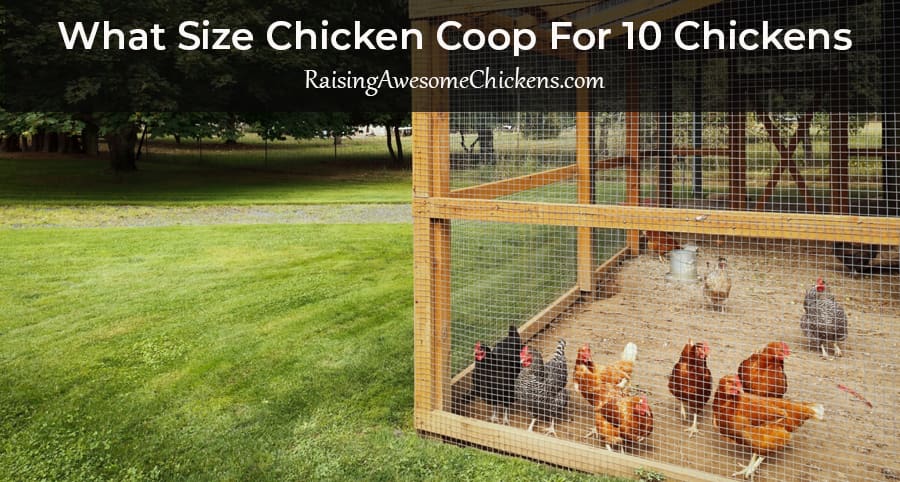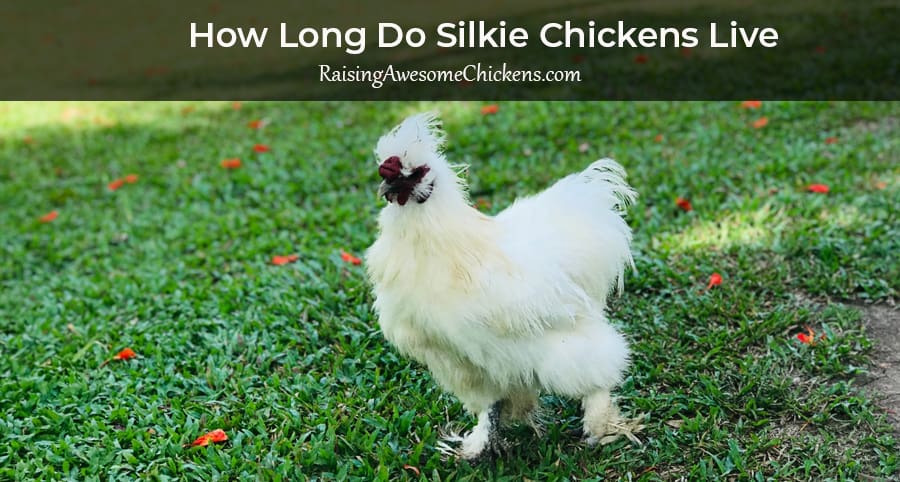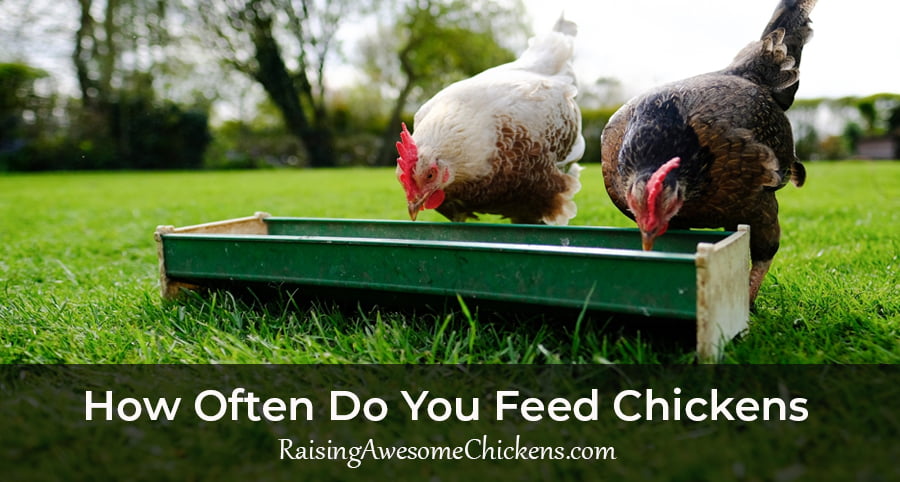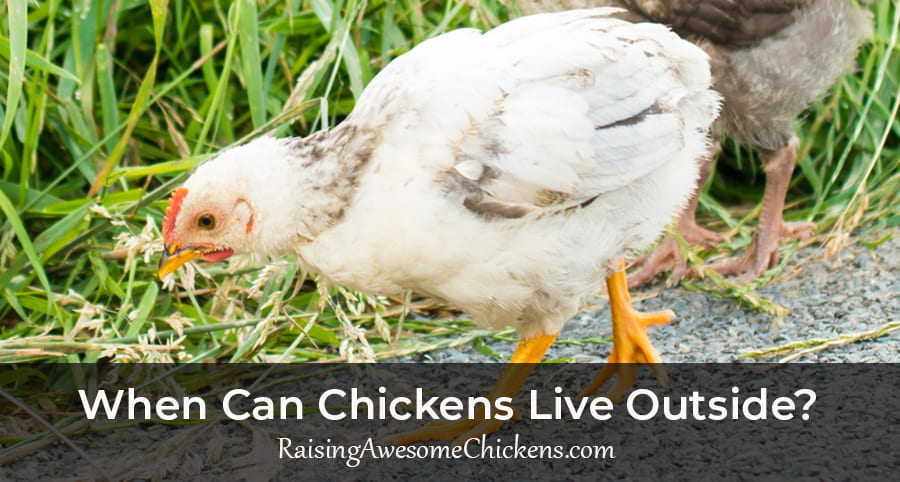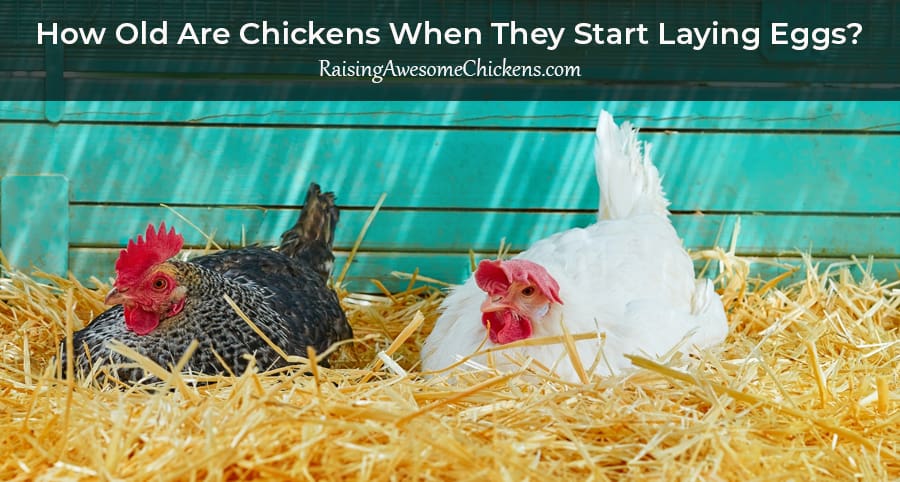How to Get Chickens to Lay Eggs Again
Sometimes chickens can be fickle, especially following their annual molting or after a long, harsh winter. These times, in particular, make chickens much less interested in laying eggs because they have been out of commission for such a long time.
If you are having trouble with a broody hen not wanting to lay eggs, the best way to help encourage them by providing the proper nutrition, fresh water, and a calm environment.
If your laying hen is uncomfortable, unhappy, or unhealthy, they are less likely to provide you with any eggs. In this article, we will provide you with why your chickens may be laying fewer eggs and how you, as a chicken keeper, can help encourage them to produce more.

